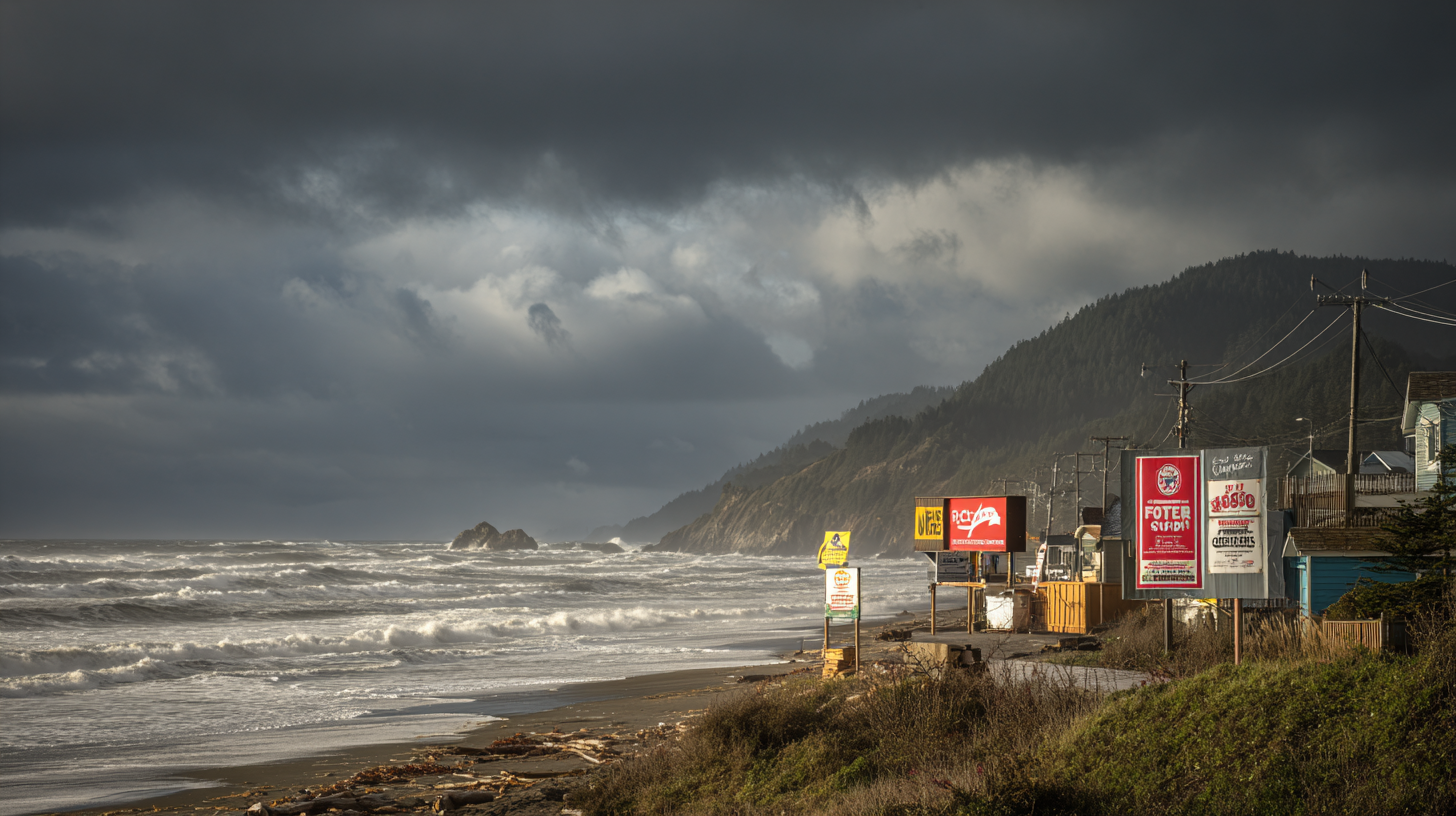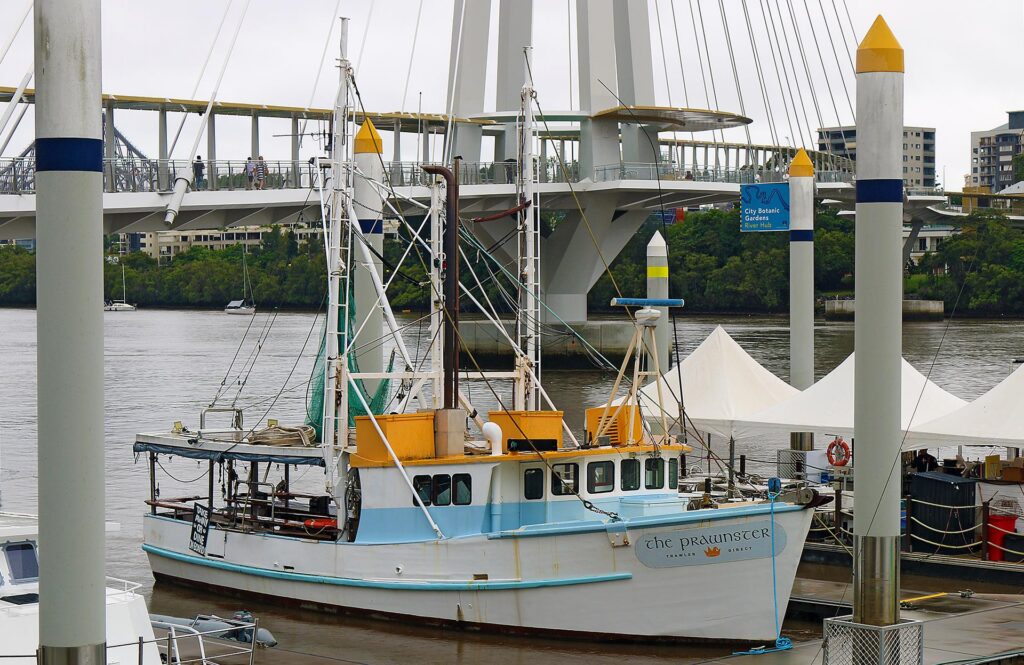
Storm-Proof Your 2025 Getaways: Flexible Bookings & Insurance Tactics
Look out for an active season ahead: NOAA predicts 13–19 tropical storms for the 2025 hurricane season, with 6–10 developing into hurricanes and 3–5 possibly becoming major hurricanes. While most storms occur between June 1 and November 30, the peak is likely mid-August to mid-October, so staying informed and preparing early can make all the difference in securing a smooth trip.
NOAA’s Above-Normal Forecast for 2025

NOAA’s 2025 predictions highlight a potentially busier season than average, especially for Caribbean, Gulf Coast, and Southeastern U.S. destinations. In my observations of past trends, I’ve noticed that forecasts like these often spur airlines and airports to enhance their weather monitoring protocols. It’s not uncommon to see budget airlines, in particular, offer last-minute deals just ahead of peak season to fill seats, which can be a golden opportunity for flexible flyers.
According to a recent study from a leading climate research institute, warmer ocean currents in the Atlantic are contributing to more intense storm development. That means it’s wise to keep a vigilant eye on official channels like the National Hurricane Center. Even if you’re planning your journey weeks or months in advance, building extra time into your itinerary and checking weather apps daily can help prevent last-minute stress. From what I’ve gathered in reading scores of travel advisories, the best strategy is to maintain a proactive mindset.
Buy Travel Insurance Early

Purchasing travel insurance before a storm is named is crucial for hurricane-related coverage. Plans like Travel Guard’s Advisor Connect and Seven Corners can include trip cancellation, interruption, and delay benefits for weather disruptions. In past seasons, friends have told me they’ve saved hundreds—if not thousands—of dollars by adding insurance early, avoiding out-of-pocket expenses for weather-induced changes.
In my experience devouring countless insurance policy documents, I’ve seen how “Cancel for Any Reason” coverage can bring a major sense of relief. Industry data shows that travelers who opt for these broader policies are more confident when booking far in advance, even during risky weather windows. The key is to finalize your policy at the same time you book your flights, so your cancellation protection is maximized.
Embrace Flexible Award Bookings

Many airlines and travel providers now offer lenient cancellation and change policies, a trend that has grown noticeably over the past few years. Award flights can be especially easy to modify when booked with carriers that waive change fees, which I’ve seen come to the rescue during unpredictable hurricane months. If a storm’s path shifts overnight, being able to rebook quickly without penalty is worth its weight in miles.
Some frequent flyer programs, such as those affiliated with Alliance carriers, have robust online portals where you can switch travel dates or destinations in just a few clicks. Based on my reviews of multiple rewards programs, select carriers also allow you to pay with miles for last-minute seats on partner airlines, giving you even more flexibility if you need to pivot your plans to avoid a storm’s path. It’s all about minimizing stress so you can maximize your vacation time.
Off-Season Travel Perks

Traveling to the Caribbean or Florida from June to November can translate into lower prices, fewer crowds, and a more laid-back atmosphere. Having followed pricing patterns for years, I’ve seen how off-season deals can significantly reduce overall travel costs, from boutique hotel stays to local dining experiences. The trick is to keep a close watch on weather updates and local advisories to dodge the biggest storm threats.
According to a tourism report published earlier this year, visitor numbers to beach destinations in the Gulf Coast dip by as much as 25% in late summer and early fall. That means you can often score prime real estate on popular beaches without the high-season crowds. Even if a storm does loom on the horizon, reputable insurers often provide coverage for severe weather disruptions. By staying flexible and monitoring forecasts, off-season travel can deliver both savings and sunshine.
Consider Destination-Specific Policies

Some destinations have specialized hurricane guarantees or unique travel insurance solutions. I’ve encountered hotels in the Yucatán region that promise free rebookings if a named storm disrupts your stay. For places like Florida, local officials often coordinate with insurance providers to streamline claims when hurricanes make landfall, which can expedite any reimbursements or re-arrangements you need to pursue.
If you live in a storm-prone area yourself, it’s worth reading the fine print on any policy you’re considering. With NOAA calling for an above-normal season, proactive coverage can remove so many potential headaches. On more than one occasion, I’ve watched travelers scramble to find last-minute coverage when hurricanes were already swirling in the Atlantic—only to discover that policies wouldn’t apply once the storm was officially named. If you lock in your coverage at the outset, you’ll be ready for anything 2025 can throw your way.
Final Thoughts

Even in a season heavy on hurricane forecasts, there’s no reason to let storm chatter dampen your wanderlust. With reliable insurance, flexible bookings, and a well-planned itinerary, you can keep your vacation on track and your stress levels low. I’ve followed countless trip rebookings that went off without a hitch, thanks to travelers who knew exactly how to pivot when weather reports changed.
The key is preparation: start early, do your homework on the best travel policies, and keep an eye on official updates from NOAA and other credible sources. If you build a little wiggle room into your itinerary, it’s amazing how seamlessly you can adapt. Even if storms are swirling, you can still create a rewarding vacation experience by staying calm, prepared, and open to a change of plans.
Sky Skylar’s Take
From everything I’ve learned about frequent flyer strategies, a stormy forecast doesn’t have to be a dealbreaker. In fact, I’ve gleaned that some of the best travel stories come from those moments when we adapt on the fly. Unexpected detours can lead to discovering hidden beaches or tucked-away local hangouts you never planned to visit.
I firmly believe that knowledge is a traveler’s greatest ally—know your policy, know the weather updates, and stay ready to switch gears if necessary. There’s a certain thrill in being flexible enough to follow sunshine wherever it’s shining. That’s the real beauty of well-researched travel.
For more insider travel news and tips, check out BoardingArea.






























